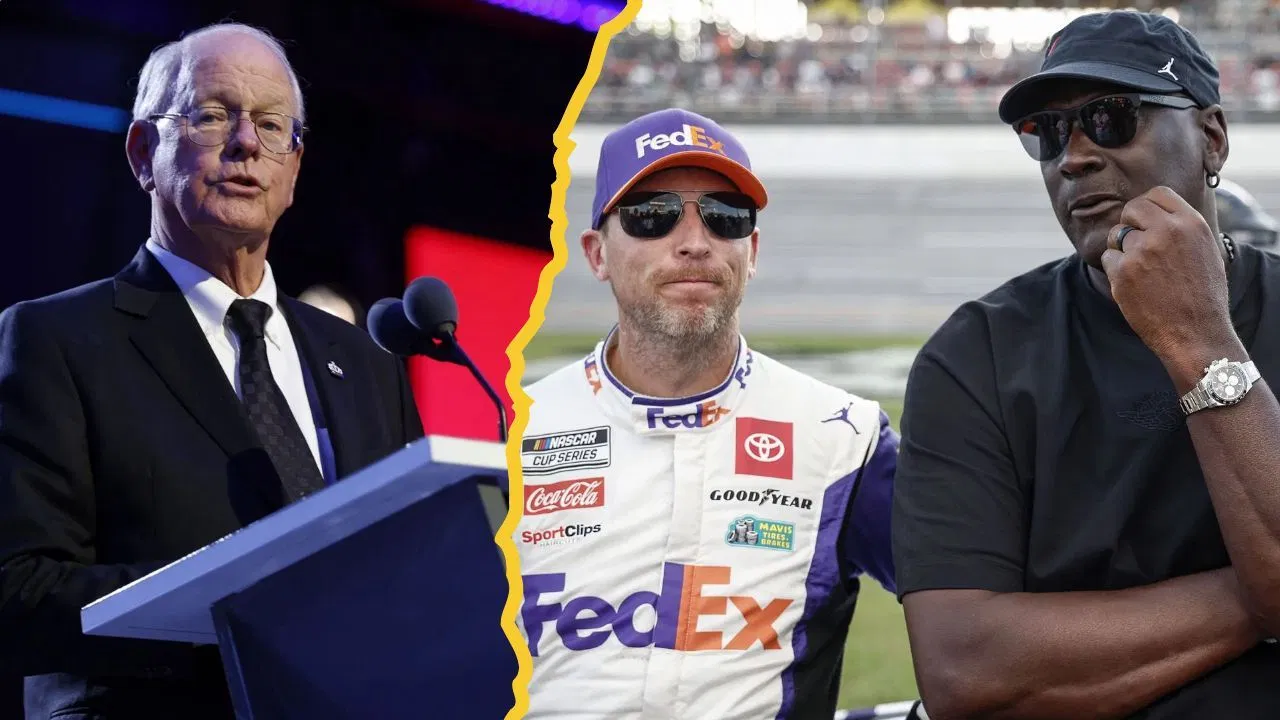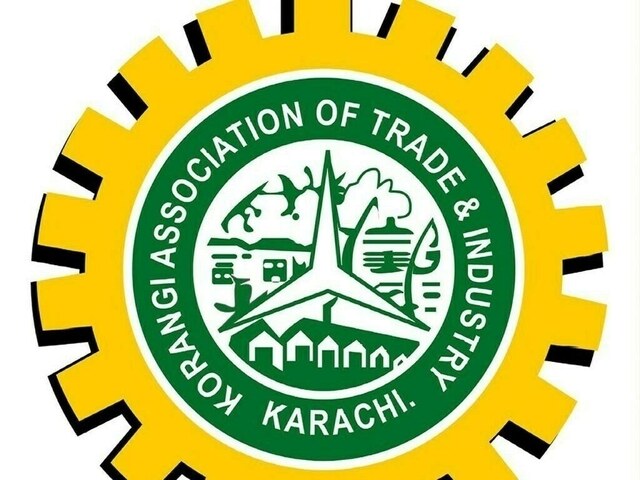Copyright sportskeeda

On Monday, November 4, the court officially defined the market in question as “premier stock-car racing,” a major setback for NASCAR’s defense that the sport competes within a broader motorsports industry. The decision cements their control over that market, setting the stage for a December 1 trial that could reshape the economics and governance of American stock-car racing.That ruling followed another team victory late last month when Judge Kenneth Bell dismissed NASCAR’s counterclaim, accusing 23XI Racing and Front Row Motorsports of colluding with other owners in negotiations. Bell ruled that the teams’ coordinated talks were a legitimate response to the governing body's unilateral control over contracts, not an attempt to restrict competition.These rulings suggest a decisive momentum shift in favor of the teams since the lawsuit began in late 2024. If the teams prevail at trial, NASCAR could be forced to overhaul or even dismantle much of its business structure.Potential fallout if NASCAR loses the antitrust caseNASCAR Chairman and CEO Jim France (L) and Denny Hamlin during the 75 Greatest Drivers list. Source: GettyA victory for 23XI Racing and Front Row Motorsports could carry sweeping consequences across every level of the sport. The most direct impact would be on NASCAR’s charter system, the foundation of its modern business model.Introduced in 2016, charters give teams guaranteed entry into all 36 Cup Series races and a share of television and prize revenues. If the court finds the charter framework to be monopolistic, the entire system could be dismantled, instantly erasing the multimillion-dollar equity teams have built.Beyond that, a loss could compel NASCAR to divest other holdings. The organization owns most of the tracks on which it races through its parent company, the International Speedway Corporation, including Daytona and Talladega. Legal experts suggest that the governing body could be forced to sell or separate track ownership from race sanctioning to reduce its market control.Such a move would not only end decades of centralization but also open the door for rival promoters to emerge, an outcome the sport has not faced in nearly 80 years.The Cup Series Championship race at Phoenix Raceway. Source: GettyThe financial hit could also be enormous. A damages judgment, paired with tens of millions in legal fees, could exceed the total value of several charters.NASCAR might also be required to restructure its revenue-sharing model, granting teams more control over commercial rights and sponsorship distribution. Even if they appeal, the immediate effect would be a sport thrown into uncertainty, with the long-term charter framework hanging in the balance.23XI Racing and Front Row Motorsports prepare for trial after major court winMichael Jordan and his 23XI Racing co-owner Denny Hamlin at Pocono Raceway, 2021. Source: Getty23XI Racing and Front Row Motorsports’ legal team, led by veteran antitrust attorney Jeffrey Kessler, celebrated this week’s ruling as a pivotal step toward trial.“We are very pleased with the Court’s decision today,” Kessler said in a statement, via Reuters. “This means that the trial can now be focused on whether NASCAR has maintained that power through anticompetitive acts and used that power to harm teams. We’re prepared to present our case to the jury and are focused on obtaining a verdict that benefits all of the teams, partners, drivers, and the fans.”Despite calls for peace from the leadership signaled last week, a settlement remains elusive.A final pretrial hearing is scheduled for November 12, where Judge Bell will rule on which evidence may be presented to the jury, including financial disclosures and internal communications from both sides. The teams have sought to exclude owner financials, while the plaintiffs have requested similar limits on the France family’s private records as we head towards December 1.



